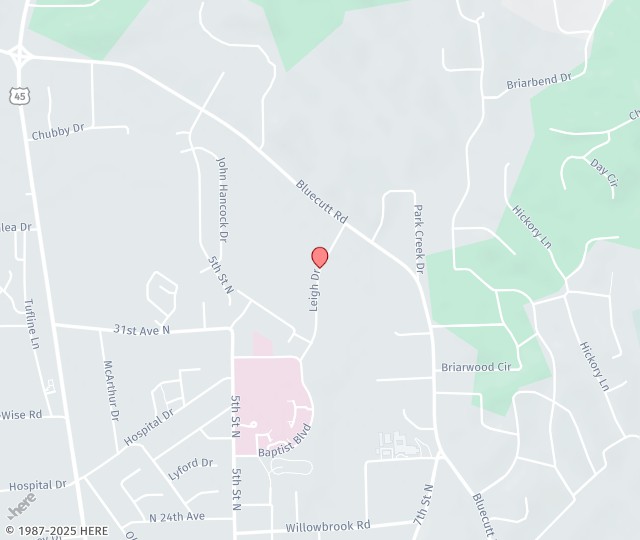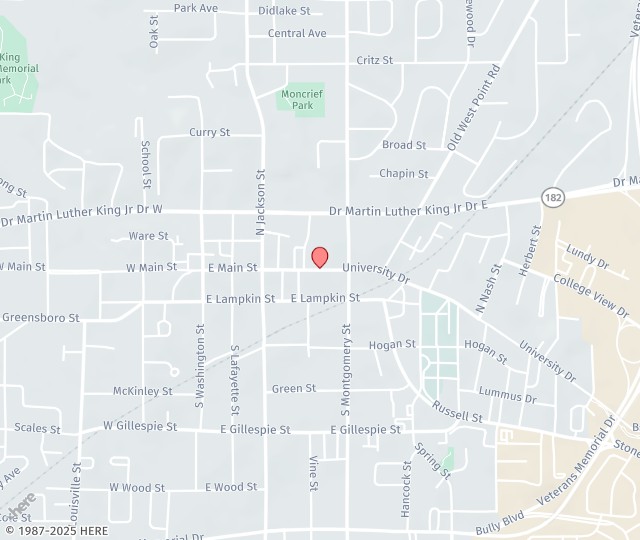Psoriasis FAQs
Psoriasis is a common, chronic skin condition. The result of a rapid buildup of skin cells, psoriasis causes red, raised, dry and cracked scaly patches, and even blisters, to form on the skin. In some cases, psoriasis affects the fingernails, causing yellowing and small depressions. Psoriasis can be mild, moderate or severe, and, in most cases, causes itching and burning in the affected areas of skin.
Are there different types of psoriasis?
Yes. Types of psoriasis include plaque, pustular, erythrodermic, guttate, inverse, psoriatic and nail.
What causes psoriasis?
Psoriasis is caused by an immune-system disorder involving a type of white blood cell called a “T lymphocyte” (T cell). Although T cells usually travel through the body to fight off viruses and other foreign substances, in patients with psoriasis, they attack healthy skin cells. This causes an increased production of healthy skin cells, which then build up on the surface of the skin, causing scaling and patches.
Although the exact cause varies by individual, suspected triggers include emotional stress, skin injury, systemic infections and certain medications. There is a possibility that susceptibility to psoriasis may be inherited.
What is parakeratosis?
Normally, the outer layer of skin, which consists of keratinocytes, is replaced about once a month. In someone who has psoriasis, this process occurs more quickly, and the keratinocytes rapidly reach the skin’s surface before they can be properly incorporated into surrounding tissue or, even, fully mature. As a result, the skin flakes off. This accelerated process is called parakeratosis.
Is it possible to have psoriasis and another skin condition at the same time?
Many skin diseases can accompany psoriasis; they include fungal and yeast infections, scabies, cutaneous (skin) lymphoma, and cutaneous manifestations of syphilis. However, although they resemble each other symptomatically, psoriasis and eczema are rarely experienced at the same time. And psoriasis may actually reduce a person’s risk of eczema, perhaps because the immune system is affected differently by each.
Does psoriasis make a person more susceptible to infection?
Psoriasis itself is only associated with risk of infection when skin, plaques or pustules are invaded by harmful bacteria called Staphylococcus aureus. The risk of infection is greater when the skin’s surface is broken by excessive scratching. Proper hygiene, antibacterial products and other preventative methods may be recommended to lower the chance of infection.
Does psoriasis cause hair loss?
Temporary hair loss may result from removing thick scales on the scalp that trap hair, or from certain medications that may be used, such as salicylic acid.
Does psoriasis worsen during the winter?
Low humidity leads to dry, itchy skin in the winter, often prompting scratching, picking and scrubbing, and the formation of new lesions. To prevent this from happening, using a moisturizer is recommended, as is patting, rather than rubbing, skin dry after bathing.
Can a skin injury lead to a new lesion?
Yes. This condition is known as Koebner’s phenomenon. Psoriasis patients with Koebner’s phenomenon can develop a psoriatic lesion at the site of a skin injury, or in the same place as another skin condition. About 10 percent of psoriasis patients develop a psoriatic lesion each time the skin is injured. Lesions are especially likely to form at an injury site when psoriasis is active.
Can sunlight worsen psoriasis?
Natural sunlight in moderation can lessen the effects of psoriasis. In fact, psoriasis is sometimes treated using ultraviolet light.
Can psoriasis be cured?
Although there is currently no cure, many cases of psoriasis can be treated successfully, with outbreaks not occurring for months or years at a time.
What is the treatment for psoriasis?
Treatment for psoriasis focuses on clearing the skin of current symptoms. Treatments for the root cause of of psoriasis are intended to interrupt the abnormal cycle that has caused an increased production of skin cells. This can be achieved through topical treatment, oral medication, light therapies or a combination of the three.
Are there any home remedies for controlling psoriasis?
Patients with psoriasis can help relieve symptoms by keeping the skin clean and moisturized, covering the affected areas while sleeping, and avoiding catalysts such as stress, smoking and alcohol. By adhering to a doctor’s treatment plan and following the recommended home remedies, effective relief from psoriasis is possible.

